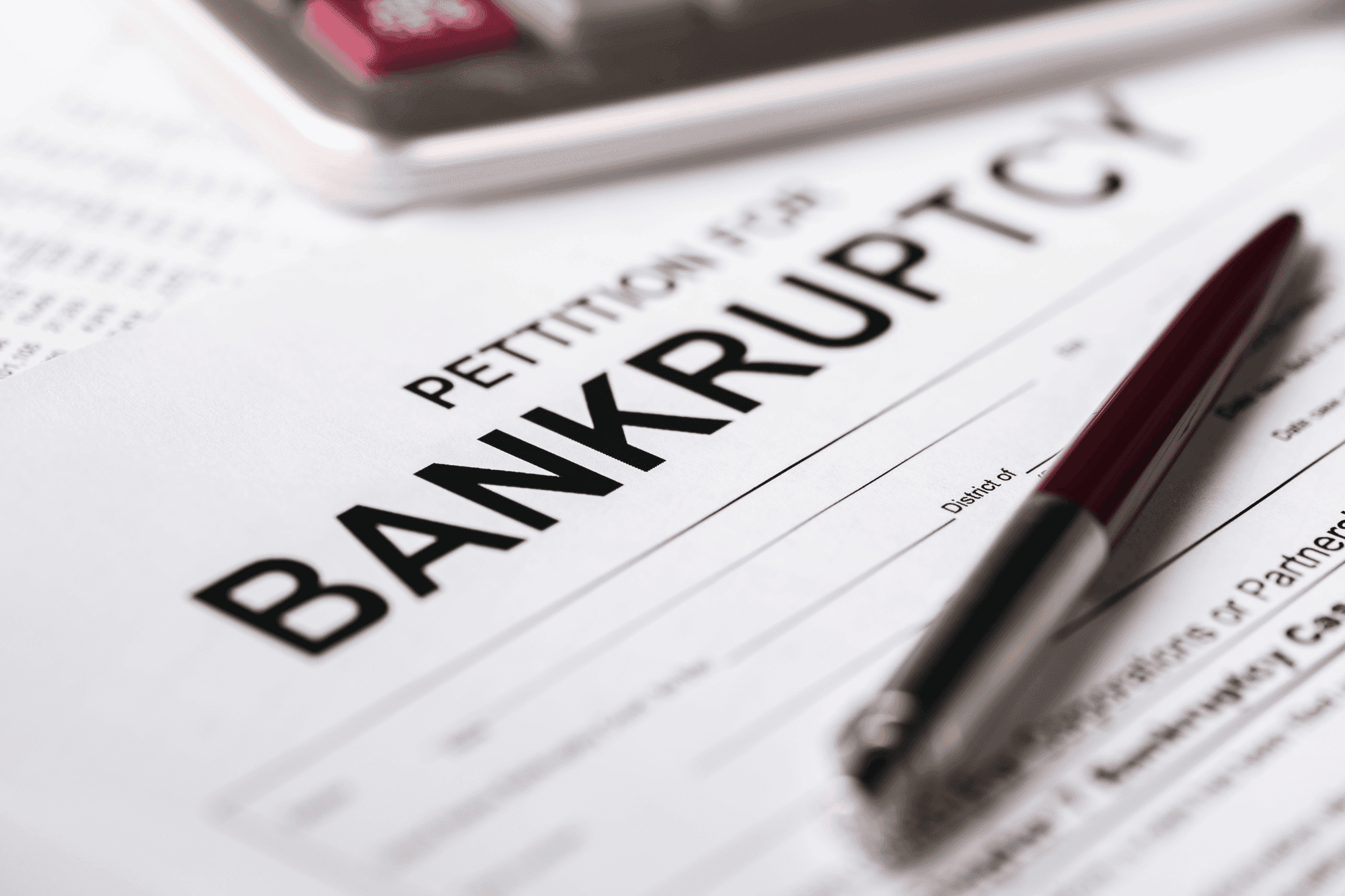Guide

Receiving pre-settlement funding brings immediate financial relief, but the money is not endless. Lawsuit cases can take months or even years to resolve, so it’s important to plan how you use the cash advance. A well-structured budget helps ensure that the funds cover your essential needs from start to finish. In this post, we share practical tips on budgeting your pre-settlement funds so they last throughout the litigation process, keeping you stable and focused on recovery.
Assess Your Essential Expenses
Before spending any money, list out your basic needs and obligations. Prioritize the most critical expenses so they’re covered first:
Housing and utilities: Rent or mortgage payments, electricity, water, heating, and internet. Missing these payments can jeopardize your living situation.
Food and groceries: Budget for groceries and essential household supplies. Plan meals to avoid overspending on dining out.
Transportation: If you have a car payment, insurance, fuel, or public transit costs, include those. If you’re injured and unable to drive, consider costs for alternative transportation to medical appointments.
Healthcare costs: Include co-payments, prescriptions, therapy co-insurance, and follow-up appointments. Even if insurance covers much, out-of-pocket healthcare can add up.
Childcare and family needs: If you have children or other dependents, budget for childcare, schooling needs, diapers, or special equipment.
Minimum debt payments: Stay current on any unavoidable debts (like minimum credit card or loan payments) to maintain credit standing. Pre-settlement funds aren’t meant to pay down old debt, but covering minimum payments prevents fees and worsening credit.
Tip: Write everything down in one place. Knowing exactly what must be paid each month prevents surprises. Include due dates and amounts so you can track deadlines effectively.
Create a Realistic Budget
With your list of essentials, build a simple budget that covers each category:
Determine your income gap: Calculate your regular monthly income and compare it to your essential expenses. The difference is what your pre-settlement funds need to cover each month.
Allocate funds by category: Divide your advance across the categories above. For example, set aside specific amounts for rent, groceries, and utilities each month.
Set spending limits: For variable costs like groceries or fuel, give yourself a weekly or monthly limit. This prevents on-the-spot purchases from depleting funds too quickly.
Use budgeting tools: Consider using a budgeting app or a simple spreadsheet to track your spending. Visualizing where the money goes each week can help you stay accountable.
Tip: Build in a buffer. Always plan to spend slightly less than you have in each category to account for price increases or unexpected costs.
Prioritize and Cut Non-Essentials
It’s natural to want comfort during a tough time, but focus on needs first:
Essential vs. discretionary: Differentiate between needs (groceries, meds, bills) and wants (subscriptions, dining out, new gadgets). Cover needs before considering wants.
Temporary cutbacks: Consider pausing non-critical expenses like entertainment subscriptions, gym memberships, or dining out until your case settles.
Negotiate bills: Call service providers (internet, phone, insurance) to ask if you can get lower rates or temporary discounts given your situation.
Tip: Treat your pre-settlement funds like a fixed monthly income. Resist impulse purchases; if you must buy something extra, plan for it only after essentials are secured.
Manage Surprises and Emergencies
Even the best budget can face unexpected expenses. Be prepared:
Emergency cushion: Allocate a small portion of the funding as a backup for true emergencies (urgent car repairs, sudden medical expenses, etc.). Start with a modest cushion, like one month’s essential expenses.
Adjust as needed: If an unexpected cost arises, reallocate funds from non-essential categories or temporarily reduce discretionary spending. Adjust your budget as you go rather than dipping into essentials.
Communicate with family: If you share finances, involve your spouse or family in budgeting decisions. They might help identify savings or cutbacks and make joint adjustments.
Tip: Review your budget monthly. Litigation timelines can shift, so adjust your spending plan accordingly. Being flexible prevents fund exhaustion.
Seek Support from Instabridge
At Instabridge, we want your funding to ease stress, not add to it. Here’s how we can support your budgeting:
Additional resources: Ask us for budgeting worksheets or tools. We’ve helped clients through this before and can share templates or advice.
Ongoing guidance: If you’re worried about running low, contact our team. We might discuss partial funding extensions or point you to other assistance programs.
Real stories: Many clients have found success by planning ahead. We can share general examples of how others managed their funds wisely.
Tip: Don’t hesitate to reach out. We’re on your side and can provide guidance based on experience with similar cases.
Conclusion
Budgeting your pre-settlement funds carefully is key to getting through your case without financial strain. By planning for essentials, prioritizing wisely, and preparing for surprises, you’ll stretch your funds throughout the litigation journey. Remember, a solid budget keeps you focused on recovery, not on money stress.
Need advice on budgeting or funding management? Contact Instabridge today for personalized assistance. Our team can help you plan your finances and get the support you need while your case is ongoing. Don’t let money worries distract you—let Instabridge lighten the load so you can concentrate on healing.
Other Blogs














































































































































































